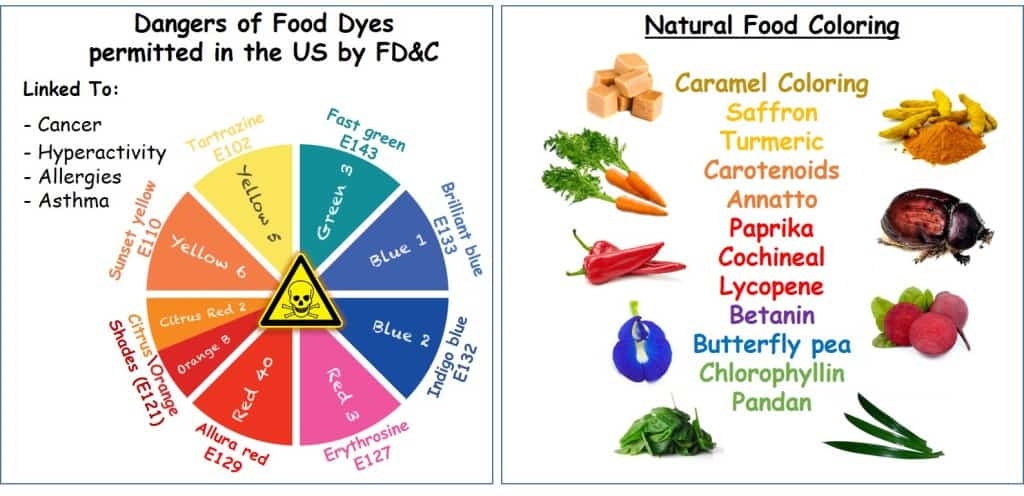Food dyes are commonly used in a wide range of processed foods to make them look more appealing. However, there has been growing concern about the potential negative effects of these artificial additives on our health, particularly in relation to behavior problems in children.
Some studies have suggested that certain food dyes, such as Red 40 and Yellow 5, may be linked to hyperactivity and other behavioral issues in children. These additives are often found in popular snacks, candies, and drinks that are marketed towards kids, raising questions about their impact on young developing brains.
Research on Food Dyes and Behavior
Research on the potential link between food dyes and behavior problems is ongoing, with mixed results. Some studies have found a correlation between the consumption of food dyes and increased hyperactivity in children, while others have not found a significant connection.
One study published in the journal Pediatrics found that a group of children who consumed a mix of artificial food dyes showed increased hyperactivity compared to those who consumed a placebo. However, more research is needed to fully understand the potential effects of these additives on behavior.
Despite the conflicting evidence, many parents and health advocates are choosing to err on the side of caution and limit their children’s consumption of foods containing artificial dyes. Some have even called for stricter regulations on the use of these additives in food products.
While more research is needed to definitively prove a link between food dyes and behavior problems, it is important for consumers to be aware of the potential risks and make informed choices about the foods they and their families consume. Opting for natural alternatives and whole foods whenever possible may be a safer bet for those concerned about the impact of food dyes on behavior.
In conclusion, the question of whether food dyes can cause behavior problems is a complex issue that requires further study. While some research suggests a potential link, more evidence is needed to draw definitive conclusions. In the meantime, it may be wise for individuals to be mindful of their intake of artificial food dyes and prioritize whole, minimally processed foods for optimal health.
